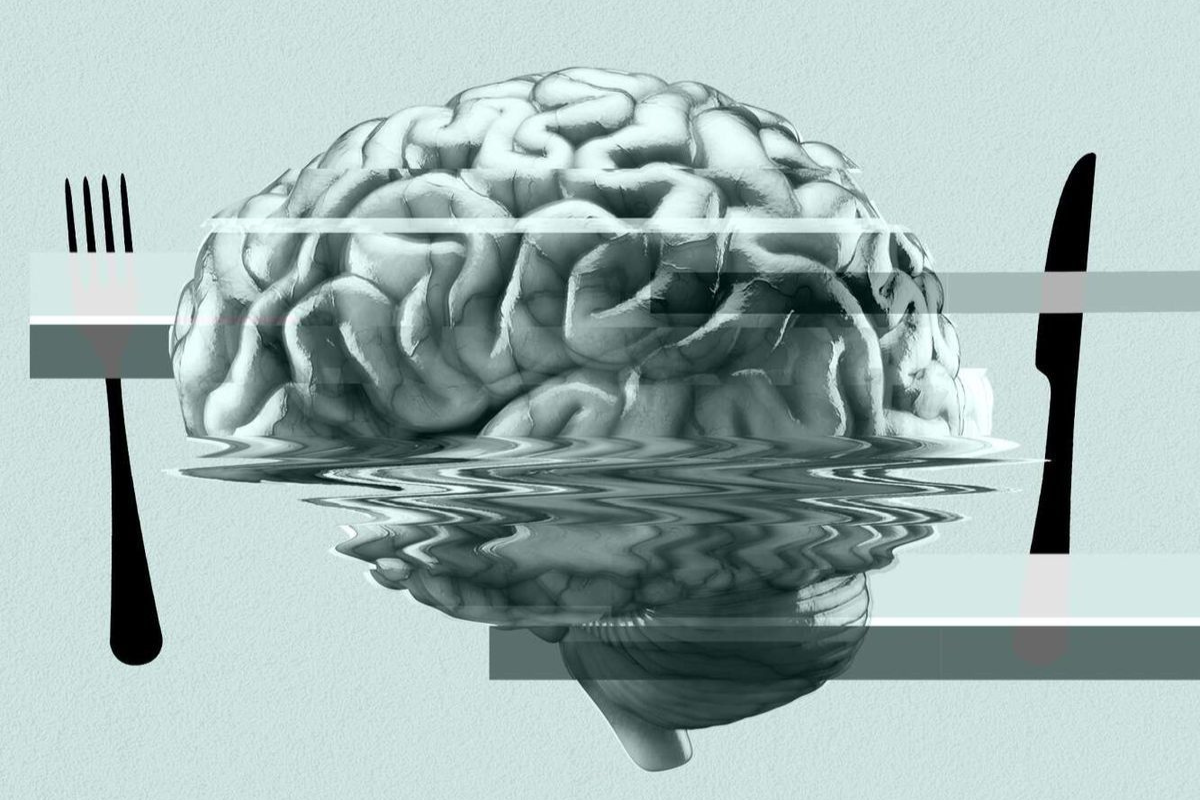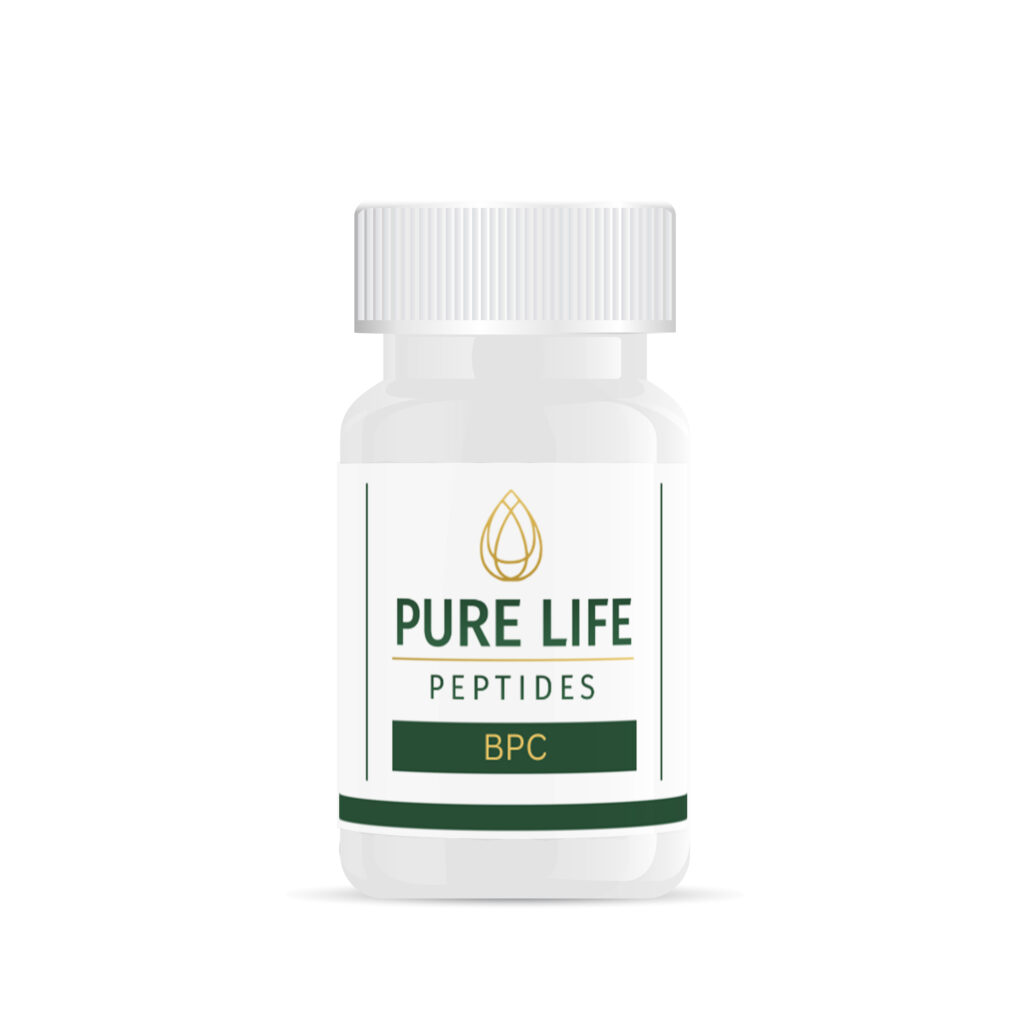Have you ever felt like food thoughts are constantly buzzing in the background of your mind? That subtle, persistent urge to snack even when you’re not truly hungry? This phenomenon, often referred to as food noise, plays a significant role in appetite regulation, cravings, and eating behaviors.
For those struggling to maintain consistent dietary habits, food noise can make weight management challenging. But what if there was a way to quiet the distractions and bring clarity to the body’s natural hunger signals?
Emerging research on GLP-1 and GIP peptides suggests they may play a role in reducing intrusive food thoughts, offering a potential avenue for metabolic balance. Let’s explore what food noise is, how it disrupts natural appetite control, and what strategies may help regulate it.
What Is Food Noise?
Food noise refers to persistent, intrusive thoughts about eating, often disconnected from actual hunger. Instead of responding to true physiological needs, the body reacts to external cues such as:
- Frequent snacking or erratic meal timing
- Consumption of highly processed or sugar-laden foods
- Emotional triggers like stress, boredom, or fatigue
- Environmental factors, such as advertising and social settings
At its core, food noise is often driven by blood sugar fluctuations. When blood sugar levels spike and crash rapidly, the body responds by increasing hunger signals, leading to cravings and overeating. These fluctuations influence key hormones like ghrelin (hunger hormone) and insulin, making it difficult to regulate appetite naturally.
Over time, chronic food noise can contribute to:
- Increased cravings for high-calorie, processed foods
- Difficulties in maintaining balanced eating habits
- Challenges with weight management and metabolic regulation
How to Reduce Food Noise Without Medications
Although food noise is common, there are ways to manage it naturally. By fine-tuning dietary habits and focusing on nutrient-dense, balanced meals, individuals can help regulate appetite and minimize unnecessary cravings.
-
Prioritize Balanced, Whole-Food Meals
- Eating at consistent intervals with a balance of protein, fiber, and healthy fats can help stabilize blood sugar and prevent energy crashes.
-
Identify Triggers for Mindless Eating
- Ask yourself: Are you truly hungry, or is it stress, boredom, or habit leading you to the kitchen? Identifying these patterns can be key to breaking the cycle of unnecessary food cravings.
-
Limit Sugar and Highly Processed Foods
- Refined carbohydrates and sugary snacks create rapid blood sugar spikes, leading to crashes that trigger intense hunger and food noise.
-
Stay Hydrated
- Mild dehydration can sometimes be mistaken for hunger. Drinking enough water throughout the day may help reduce unnecessary cravings.
-
Practice Mindful Eating
- Eating slowly, chewing thoroughly, and paying attention to hunger and fullness cues can help retrain the body’s response to food.
Can GLP-1 and GIP Peptides Help Regulate Food Noise?
For those experiencing persistent food noise, GLP-1 and GIP receptor agonists such as semaglutide and tirzepatide have been studied for their potential to influence appetite control.
These peptides mimic naturally occurring gut hormones that regulate:
- Blood sugar levels
- Feelings of fullness (satiety)
- Brain response to food intake
How Do These Peptides Work?
- GLP-1 receptor activation slows gastric emptying, helping individuals feel fuller for longer and reducing the frequency of hunger signals.
- GIP receptor activation plays a complementary role in enhancing metabolic efficiency, further optimizing appetite regulation.
Do They Reduce Food Noise?
While research is still evolving, many individuals using GLP-1 and GIP peptides report a noticeable decrease in intrusive food thoughts and cravings. Clinical studies have observed that these peptides may:
- Reduce overall calorie intake without conscious effort
- Help individuals experience more stable hunger signals
- Support long-term appetite regulation when paired with mindful eating habits
Although individual responses vary, this potential benefit is being increasingly recognized in scientific and medical discussions surrounding metabolic health.
Finding the Right Approach for You
While GLP-1 and GIP peptides may offer promising support for appetite control, long-term success depends on combining these strategies with mindful dietary habits.
By focusing on whole, nutrient-dense foods, reducing processed and high-sugar intake, and staying mindful of hunger cues, individuals can create an environment that supports metabolic balance.
At Pure Life Peptides, Canada’s #1 Trusted Peptide Vendor, we are committed to advancing peptide education and providing high-quality peptide formulations. As research continues to explore the intersection of metabolic function and peptide science, we remain dedicated to offering valuable insights into peptide applications.
For more information on peptide science and metabolic health, explore the latest resources at Pure Life Peptides.










